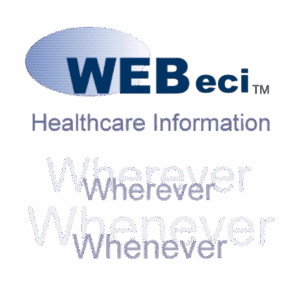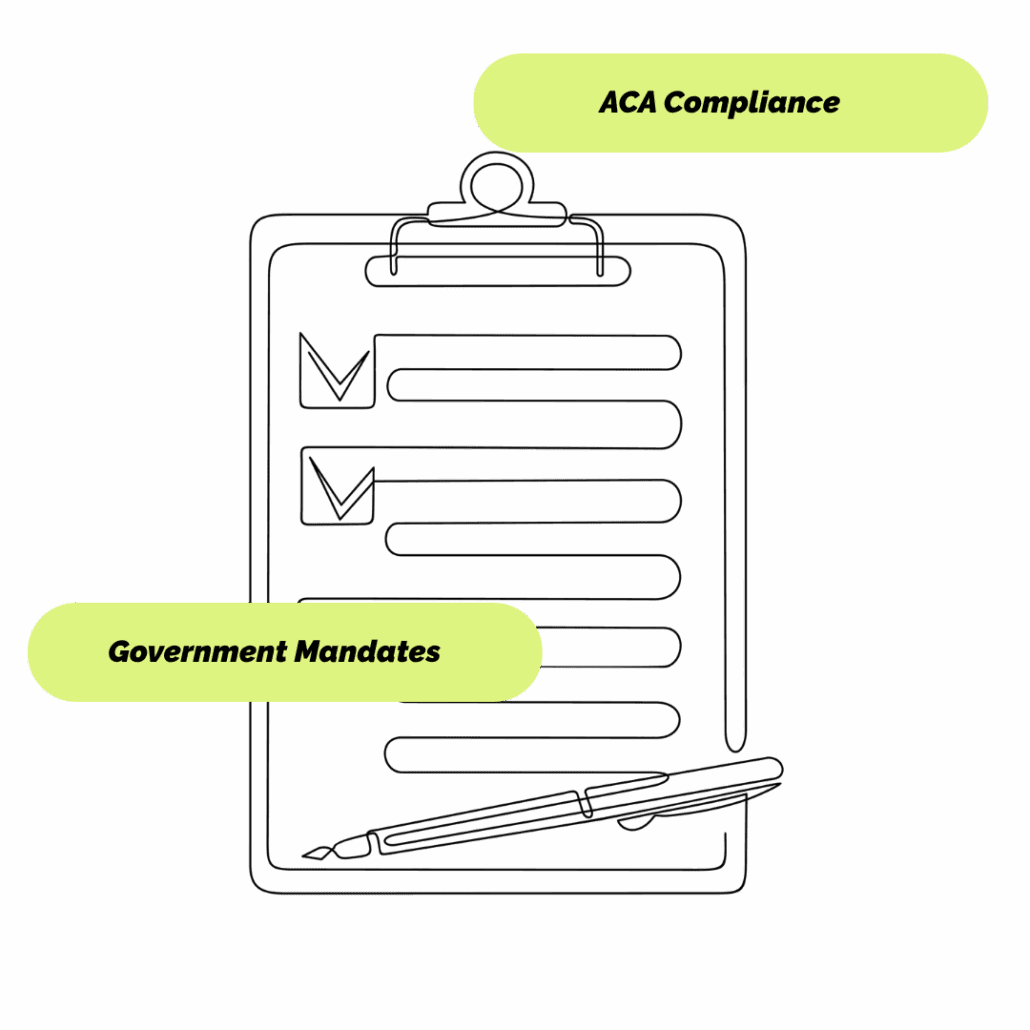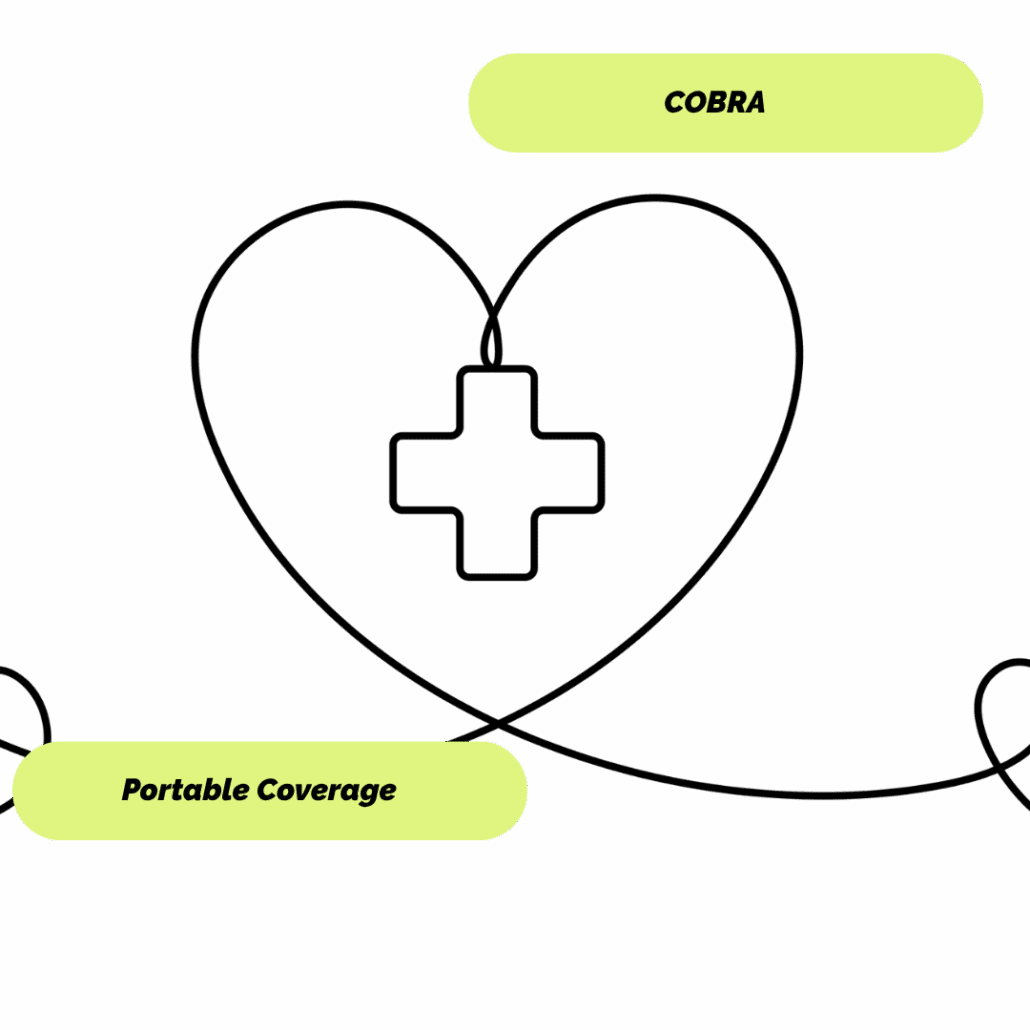How To Get Started
Click to visit https://www.webeci.com/WEBeci287-1/go/287SBMA
Log In
To Login, use your UserID & Password (reset options available on the portal login page).
Get Started!
Access your Employer Management Services & Features.
Follow a manual added link
In the Employer Portal you’ll have access to:
- Adding Employees
- Removing Employees
- Benefit Overview
- Employee Usage Information
If you need assistance with the Webeci Portal please call us at 888-505-7724 or, email [email protected]
COMPLIANCE INFORMATION
SBMA delivers complete ACA compliance through streamlined, affordable benefits administration. Our plans meet federal mandates, control costs for employers and employees alike, and include worksite benefits and telemedicine supported by fast, reliable service and comprehensive management infrastructure.
Employer Mandate
Under the Affordable Care Act (ACA), applicable large employers (ALEs), those with 50 or more full-time employees, including full-time equivalents (FTEs), are required to offer health insurance that is both affordable and provides minimum value to at least 95% of their full-time employees and their dependents (children up to age 26). Failure to comply with these requirements may result in penalties.
For the 2025 plan year, the IRS has set the affordability threshold at 9.02% of an employee’s household income. This means that the employee’s share of the premium for self-only coverage should not exceed 9.02% of their household income to be considered affordable.
Patient-Centered Outcomes Research Institute (PCORI)
This annual ACA-mandated fee funds research on the effectiveness of medical treatments. Fully insured carriers pay the fee on behalf of clients; self-insured employers must file and pay directly via IRS Form 720.
Key Points:
- Applies to plan years ending after Sept 30, 2012, and before Oct 1, 2029
- Annual fee due by July 31 of the following plan year
- Self-insured employers are responsible for filing Form 720 and payment
Gag Clause Prohibition Compliance Attestation (GCPCA)
A requirement under the Consolidated Appropriations Act (CAA) to eliminate barriers that limit communication between patients and providers—ensuring full transparency in healthcare.
Key Points:
- Promotes open access to healthcare information
- Prevents restrictive clauses in provider agreements
- Ensures compliance with Division BB of the CAA
Form 5500 Filing Requirements
ERISA-governed group health plans with 100+ participants must file Form 5500 annually, including medical, dental, vision, FSA, HRA, and disability plans.
Key Points:
- Applies to plans with 100 or more participants
- Filing includes required attachments and schedules
- Exemptions exist for small, church, or governmental plans
New York HCRA Pool Information
The New York State Health Care Reform Act (HCRA) surcharge is a mandatory hospital tax that funds public health initiatives and care for the uninsured.
Key Points:
- Applies to self-funded plans, HMOs, and Medicaid
- Passed to patients or insurers depending on the carrier
- Affects cost transparency and billing in New York facilities
Drug Cost Reporting (CAA Requirement)
Employers and TPAs must report prescription drug cost data to the federal government annually. SBMA has submitted all required data files on behalf of clients.
Key Points:
- Applies to all group health plans under the CAA
- Involves coordination between TPAs and PBMs
- Ensures oversight of plan asset spending on prescriptions
Transparency in Coverage
Machine-Readable Files
Insurers and self-insured plans must publicly post machine-readable files detailing negotiated rates and allowed charges.
Price Comparison Tool
Employers must provide a digital tool that allows members to compare costs for covered services. This requirement phased in starting January 2023.
COBRA Takeovers
A COBRA takeover occurs when one company assumes responsibility for administering COBRA coverage following a change in ownership or plan administration. This is common in mergers and acquisitions, where clarity around COBRA obligations is critical.
In M&A scenarios, the acquiring company may assume responsibility for continued benefits coverage. In the case of a sale or bankruptcy, the obligation may shift to the buyer.
Employers involved in M&A activity should consult legal counsel to ensure COBRA provisions are clearly addressed in transaction agreements, protecting both compliance and continuity of care.




